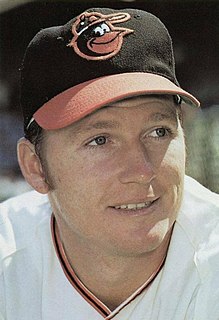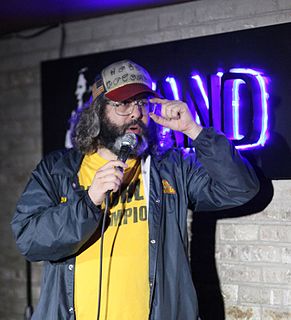A Quote by Toni Morrison
It's always seemed to me that black people's grace has been with what they do with language. In Lorrain, Ohio, when I was a child, I went to school with and heard the stories of Mexicans, Italians, and Greeks, and I listened. I remember their language, and a lot of it is marvelous. But when I think of things my mother or father or aunts used to say, it seems the most absolutely striking thing in the world.
Related Quotes
Lying is the misuse of language. We know that. We need to remember that it works the other way round too. Even with the best intentions, language misused, language used stupidly, carelessly, brutally, language used wrongly, breeds lies, half-truths, confusion. In that sense you can say that grammar is morality. And it is in that sense that I say a writer's first duty is to use language well.
I feel like in the reading I did when I was growing up, and also in the way that people talk and tell stories here in the South, they use a lot of figurative language. The stories that I heard when I was growing up, and the stories that I read, taught me to use the kind of language that I do. It's hard for me to work against that when I am writing.
Yet some of my friends tell me they understand 50 percent of what my mother says. Some say they understand 80 to 90 percent. Some say they understand none of it, as if she were speaking pure Chinese. But to me, my mother's English is perfectly clear, perfectly natural. It's my mother tongue. Her language, as I hear it, is vivid, direct, full of observation and imagery. That was the language that helped shape the way I saw things, expressed things, made sense of the world
It has not been definitively proved that the language of words is the best possible language. And it seems that on the stage, which is above all a space to fill and a place where something happens, the language of words may have to give way before a language of signs whose objective aspect is the one that has the most immediate impact upon us.
There was a language in the world that everyone understood, a language the boy had used throughout the time that he was trying to improve things at the shop. It was the language of enthusiasm, of things accomplished with love and purpose, and as part of a search for something believed in and desired.
I studied Comparative Literature at Cornell. Structuralism was real big then. The idea of reading and writing as being this language game. There's a lot of appeal to that. It's nice to think of it as this playful kind of thing. But I think that another way to look at it is "Look, I just want to be sincere. I want to write something and make you feel something and maybe you will go out and do something." And it seems that the world is in such bad shape now that we don't have time to do nothing but language games. That's how it seems to me.
The politics of language and the politics of writing really got to me. I've heard this phrase more than once now: this idea of the poetry wars, or the idea that people within the space of writing are at odds with one another or manipulating language to further one's political stance, manipulating language in ways that really felt dirty to me. All of these things worked their way into and through language for me.
I think there's some pretty amazing language in the Bible. The thing that's always been interesting to me about religion is that compared to the more modern spirituality, the West Coast pseudo-Buddhist thing that people go for these days, actual Buddhism and Islam have been looking at these philosophical questions, at really hard questions, for a long time. There's a lot of stuff that philosophy doesn't talk about, and in the secular world, a lot of times, people don't talk about these ideas, and that was always really interesting for me.
I've heard stories of other people that are similar stories to me - their mother or father passing away. People have come out to me on Instagram. It's amazing that they can tell me and confide in me. I always want to take the time and write these long messages telling them how much that means to me.






































